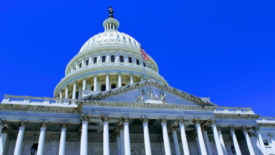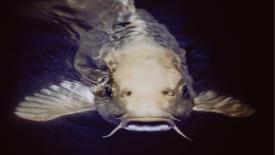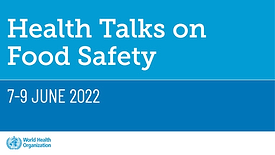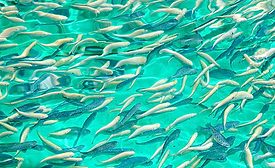Regulatory
Meeting Regulations for U.S. Farm-Raised Fish and Seafood
U.S. aquaculture is regulated by a number of federal agencies, and it has strict food safety requirements
June 10, 2022
Never miss the latest news and trends driving the food safety industry
eNewsletter | Website | eMagazine
JOIN TODAY!Copyright ©2024. All Rights Reserved BNP Media.
Design, CMS, Hosting & Web Development :: ePublishing










